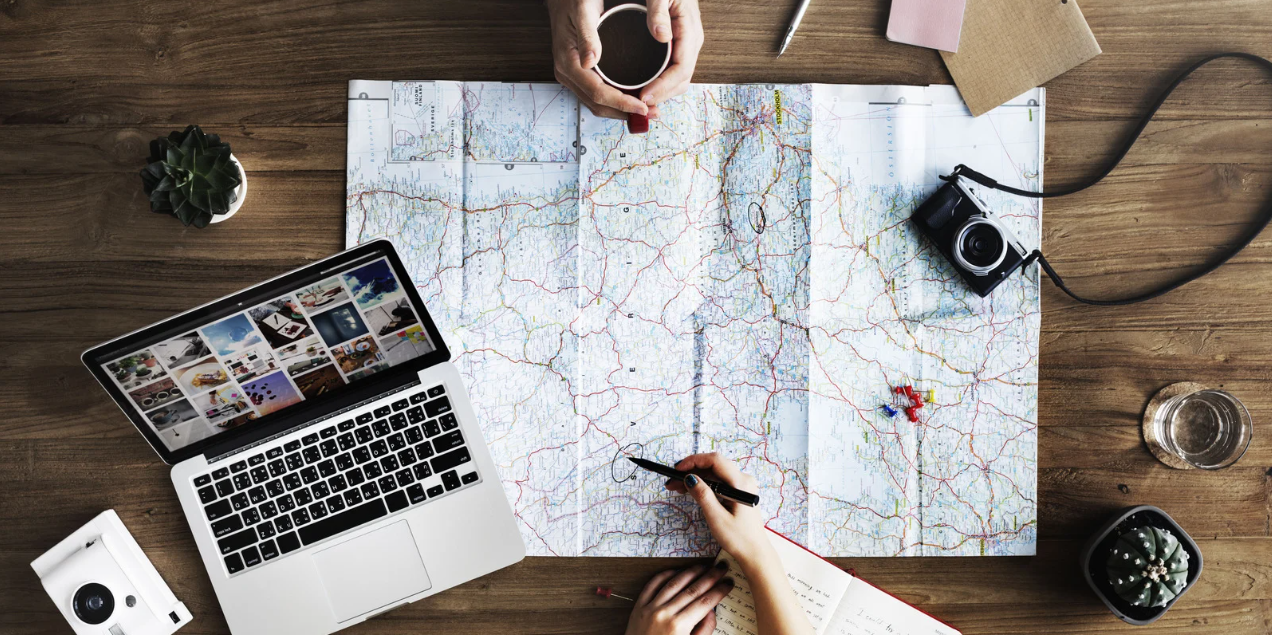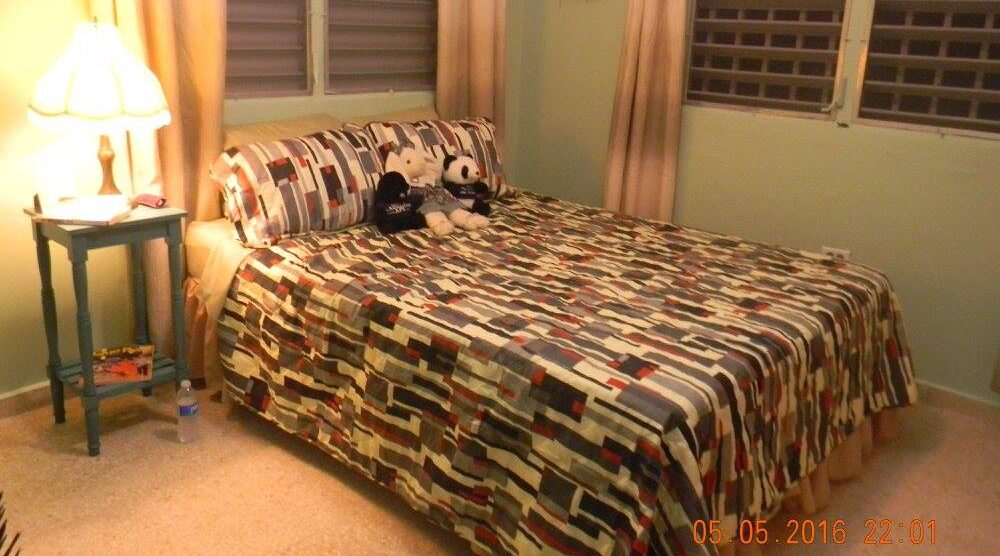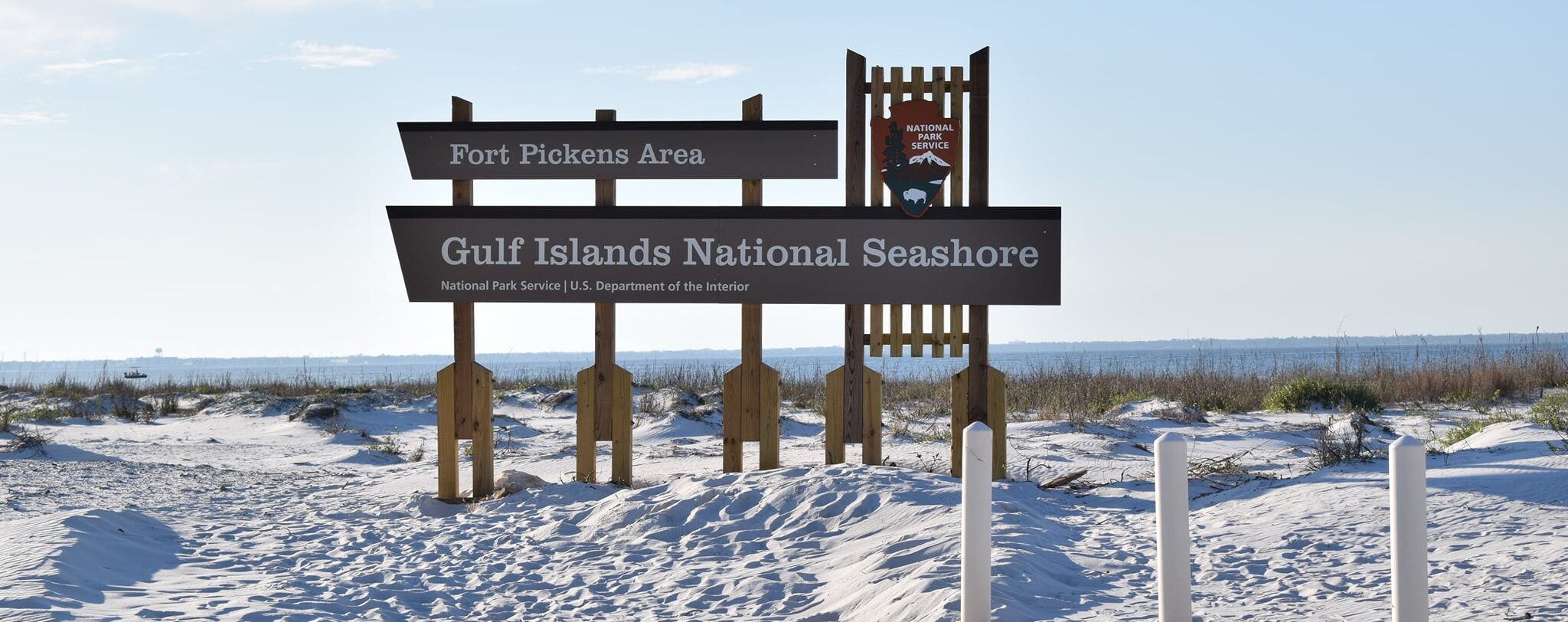
Planning a budget trip is all about being proactive. The earlier you start, the more options you’ll have at your fingertips and the less you’ll spend overall. Think of it as giving yourself time to research, compare, and score some sweet deals.
When you first dream of your destination, you’ll want to check out budget-friendly spots that won’t break the bank. Southeast Asia, Eastern Europe, and Central America often come up as top contenders for thrifty travelers. These regions offer a mix of culture, adventure, and affordability that’s hard to beat.
Creating a travel timeline is your new best friend. This handy tool helps you map out when to book flights, accommodations, and activities. Mark critical dates on your calendar, like booking windows for the best airfares or getting early-bird discounts on tours and events.
Next, set a travel budget. Be realistic about how much you want to spend and where you can pinch pennies. Break down your budget into transportation, lodging, food, activities, and a little wiggle room for unexpected expenses. Use budgeting apps or good old spreadsheets to keep everything in check and track your spending as you go.
Finding Cost-Effective Travel and Accommodation

Bagging a cheap flight is the holy grail of budget travel. Start your search a few months before and keep a keen eye on fare comparison websites. Trust me, flexibility is your friend – if your dates aren’t set in stone, you can swoop in on those bargain ticket prices. Off-peak seasons usually offer the cheapest flights, so traveling when everyone else isn’t can save a ton.
Once you’ve landed, consider how you’ll get around. Public transportation is often the way to go for budget-conscious travelers. Grab a transit card or daily pass in the city you’re visiting – it’s usually a fraction of the cost of taxis or ride-sharing apps. And hey, it also gives you a taste of local life!
Consider alternative transportation options like buses or trains for those longer hops between cities. Sometimes, night buses and sleeper trains can also double as accommodations, saving you a night’s stay while getting you to your next destination.
Accommodation is a significant chunk of any travel budget, but there’s no need to splurge on a fancy hotel. Hostels, guesthouses, and budget hotels are great options. They’re not just cheaper but often come with perks like communal kitchens and free events. Speaking of which, sharing economy platforms like Airbnb or Couchsurfing offer affordable places to stay and give you a more local experience – a win-win.
Finally, think outside the box with alternative accommodations. Ever tried house-sitting or pet-sitting? You get a free place to stay in exchange for looking after someone’s home or furry friend. Websites dedicated to house-sitting can connect you with opportunities worldwide.
Managing Food and Dining Costs Efficiently

Many budget accommodations, like hostels or vacation rentals, have kitchen facilities, and local markets are fantastic places to stock up on fresh, affordable ingredients.
Food can quickly eat into your budget if you’re not careful. To stretch your dollars, consider cooking your meals whenever possible. Many budget accommodations, like hostels or vacation rentals, have kitchen facilities, and local markets are fantastic places to stock up on fresh, affordable ingredients. Cooking a few simple meals can save you a lot throughout a trip.
Eating like a local is another tip for saving some cash and diving into the culture. Skip the tourist traps and head for neighborhood joints where the locals eat. Street food is your new best friend—it’s cheap, delicious, and offers an authentic taste of the destination.
Another pro tip is to do some research on affordable dining options. Use apps and websites to discover hidden gems and budget-friendly spots that might not be in the guidebooks. Sometimes, just walking a few blocks away from the main tourist areas can reveal some great, wallet-friendly places.
Additionally, don’t underestimate the power of a good grocery store run. Even if you don’t plan to cook, grabbing snacks, drinks, and quick bites can help you avoid overpriced cafes and touristy spots. Pack these up for a picnic or a light lunch on the go.
If you’re staying in a place that offers free breakfast, don’t miss it. Filling up in the morning can keep you going until lunch, cutting down on how much you spend throughout the day. Take advantage of any meals included in your accommodation price – it’s basically free food, so why not?
Enjoying Sightseeing and Activities Within Budget

Exploring a new place doesn’t have to cost a fortune. Start by seeking out free or low-cost attractions. Many cities offer free walking tours, museums with no entrance fees on certain days, or beautiful public parks that are completely free to roam. Checking event calendars for festivals, concerts, and events during your stay can also reveal fantastic, budget-friendly things to do.
Nature and outdoor activities are absolute winners when it comes to low-cost entertainment. Hiking, beach days, and exploring parks are fun and easy on the wallet. National and State parks in the United States often allow entrance fees of $4 or $5 per vehicle. Plus, these adventures provide the bonus of experiencing a destination’s natural beauty—all for free or a minimal fee.
Take advantage of discounts and deals available to travelers. Tourist cards often provide substantial savings on public transport, entrance fees, and sometimes even dining. Don’t shy away from using student or senior discounts if they apply to you – every little bit helps.
Stay savvy with money-saving travel hacks. Traveling during the off-peak season can slash costs from flights to accommodations and activities. Loyalty programs and travel rewards are also excellent resources. Accruing points can lead to big savings on future trips if you’re a frequent traveler.
Packing smart is the cherry on top. Essential items like a reusable water bottle, snacks, or even a small first-aid kit can prevent unexpected expenses. Plus, having comfortable shoes and weather-appropriate clothes ensures you won’t need to buy overpriced items in a pinch. Keeping these details in mind makes for a smoother, more enjoyable trip.
